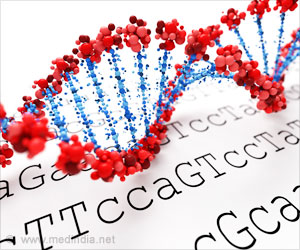Nutrition researchers at Kansas State University have published the first evidence that the absorption of cholesterol is reduced by another compound in the egg, the lecithin. The research was done by Sund I. Koo, Yonghzhi Jiang and Sang K. Noh. A peer-reviewed research paper by the three researchers, “Egg phosphatidylcholine decreses the lymphatic absorption of cholesterol in rats,” as in the Journal of Nutrition.
Many people believe that dietary cholesterol directly raises blood cholesterol. Because eggs provide about half the dietarty cholesterol in a typical western diet.Under experimental conditions using an animal model that closely mimics human physiology, Koo and his associates found that a particular egg phospholipid interferes with the absorption of egg cholesterol and markedly lowers its uptake by the intestine. When the phospholipid is saturated, its inhibitory effect is further enhanced.The researchers controlled experimental conditions to specifically look at egg phospholipid and its effect on cholesterol absorption.Even though a good amount of cholesterol is consumed when an egg is eaten, much of it becomes “Unavailable for absorption” in the presence of the phospholipid, Koo said.“This may be a reason why many studies found no association between egg intake and cholesterol,” he said. The phospholipid or lecithin, found in egg inhibits cholesterol absorption.
The inhibition is not 100 present, he said. Some cholesterol is absorbed but amount is reduced in the presence of this phospholipid. “Less absorption means less cholesterol introduced into the blood,” Koo said. “We were able to determine experimentally that a substantial amount of the egg cholesterol is not going into the blood stream.”
The compounds are naturally occurring or derived from their natural precursors which could lead directly to development of new compounds for lowering cholesterol. Koo anticipates that regulatory barriers to such development will be low.Koo says people with normal cholesterol and no family history of cardiovascular disease should not worry about eating 1-2 eggs a day. There’s overall nutritional benefit than harm gained from eating “nutrient-dense” eggs_in moderation, he said. Egg contains a high quality protein than protein found in meat, milk or fish.Furthermore, egg is a significant source of vitamins A , E, and B vitamins, B-6, B-12 and folate, which are known to lower blood levels of homocyst(e)ine, an independent risk factor for heart disease.











